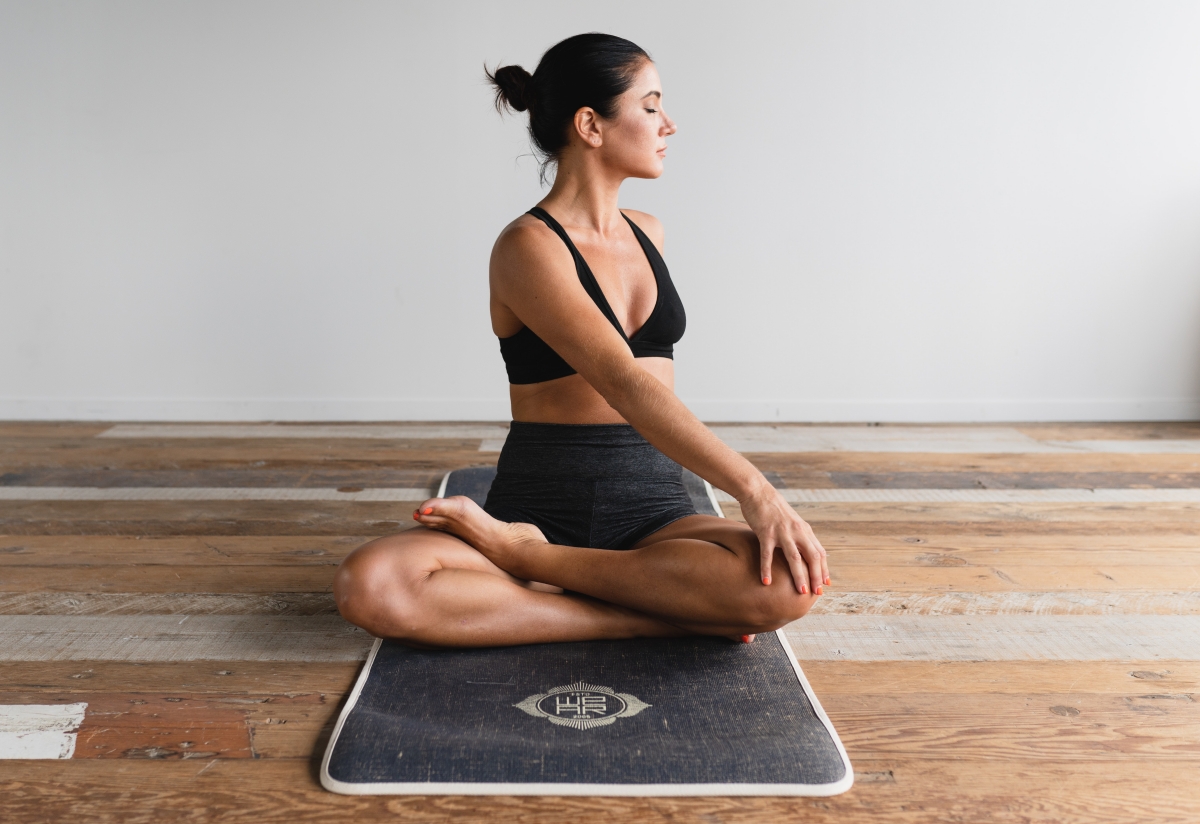How can running affect pregnancy?
Pregnancy is different for every woman. That's why is not appropriate to give advice such as "what is the best". If you're an enthusiastic runner, you definitely don't have to give up running. On the other hand, it is not good to exceed personal records during pregnancy or to start running if your body is not used to it. We will focus on each trimester in detail, but these two basic facts apply to the entire pregnancy:
- Consult everything with a gynecologist/doctor - Regular examinations and health consultations are essential during pregnancy. Discuss your physical activity options with your doctor. What forms does the doctor recommend?
- Listen to your body - If you have the green light from the doctor, common sense comes into play. The body sends clear signals, every time. Listen to them and use them to your advantage. If you have the energy and desire to move, go move. If you feel tired, rest. And most importantly, don't focus on running times you had before the pregnancy or any other numbers. Running is a joy!
Running in the first trimester
The first trimester is full of medical examinations. It is also the riskiest part of pregnancy and is often accompanied by unpleasant nausea, great fatigue, or breast pain. In this case, it is appropriate to listen to your body. If the changes from pregnancy do not restrict you, you can run without any problems. Try to keep your heart rate up to 140 beats per minute, don't push yourself, and make sure you drink enough water. Otherwise, allow yourself to rest and gain the necessary energy.
Top4Running TIP: At the beginning of pregnancy, women's breasts begin to enlarge and this can also affect the feeling while running. Get a high-quality sports bra with high support that will provide you with comfort and confidence.

Running in the second trimester
In the second trimester, ideally, nausea and pain should be gone. However, with the growing belly come other changes - the center of gravity of the body moves more forward, which could be unusual for you in the first moments. Be careful while running and equip yourself with this running combo:
- Running shoes with cushioning - Shoes = the basis of healthy running. During pregnancy even more important equipment than before. Invest in quality women's running shoes that absorb shock and protect your joints.
- Maternity leggings - Thanks to the space for the growing belly, movement is much more comfortable.
- Supportive pregnancy belt - It is used as a support for correct posture, relief for the back, less pressure on the muscles of the pelvic floor or to strengthen the abdominal wall. You can also use it for walks or casual wear in the second or third trimester.
Try to run mainly on flat roads, and replace the hard road with a soft surface such as a forest, meadow, dirt road, or athletic track. The soft surface means less stress on your joints and a gentler way for your growing belly.
Running in the third trimester
Caution first - this is running in the third trimester. If your state of health and amount of energy allows it, run at a very easy pace and preferably with a partner, who will help you in case of complications. If not, don't force yourself into anything. But try to stay in "comfortable movement". Constant sitting or lying down is not healthy. If running is not good for you, replace it with nature walks, yoga, swimming, or stretching.

Dangers of running during pregnancy
In some cases, running during pregnancy can be undesirable or even dangerous for the woman and the child. What unpleasant complications can occur?
- Breathing problems and inability to calm the breath
- Vaginal bleeding
- Contraction
- Feelings of dizziness
- Headaches
- Chest pains
- Muscle and joint pain
If these warning signs start to appear, stop and do not continue running. Immediately discuss these complications with the doctor, who will suggest the next steps.
Half marathon / Marathon during pregnancy. Yes or no?
Do you plan to run a half-marathon or a marathon during your pregnancy? Is it appropriate to run it? In a few individual cases this is possible, but according to doctors it is considered dangerous. During an intense performance such as a marathon or half marathon, the body overheats and inside the body are pressure changes, which can cause problems for the baby. For peace of mind, we recommend postponing the race until next time. Running clothes will be waiting for you in the closet, and after giving birth, you will perform much better than during pregnancy, without risks. And also, your biggest fan - your baby - will be waiting for you at the finish line!
When to start running after giving birth?
After giving birth, it will take some time to get used to the new habits and routines that come with motherhood. Give yourself at least six weeks to acclimatize and heal all postpartum wounds. Start slowly, don't push yourself, and consult everything with a doctor to be sure.
As you can see, giving up running shoes is not necessary during pregnancy. Listen to the doctor's' instructions, and your body and enjoy every kilometer your body runs or walks. It is advisable to be active, from a physical, mental, and also health point of view.






